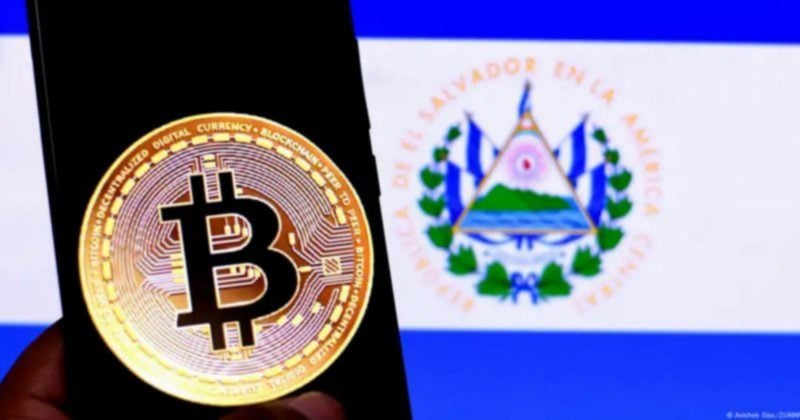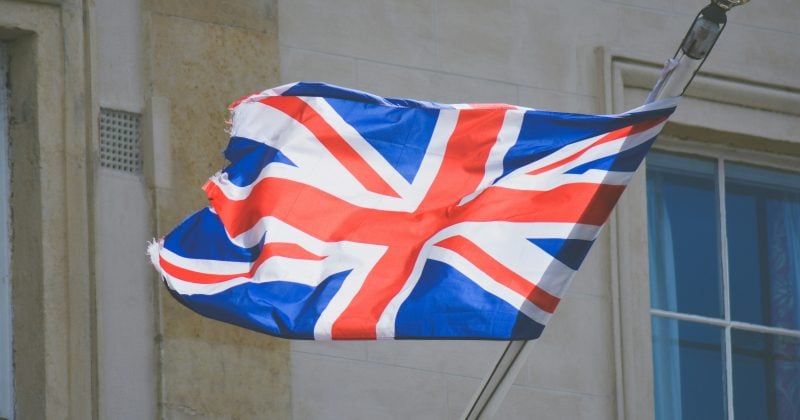Trump is set to implement a sweeping tariff policy under what he calls 'Liberation Day.'

Key Takeaways
- Bhutan's government transferred $32 million worth of Bitcoin today, part of ongoing movements totaling $95 million in two weeks.
- The Gelephu Mindfulness City in Bhutan plans to include Bitcoin, Ether, and BNB in its strategic reserves for a digital asset ecosystem.
Bhutan’s government transferred $32 million worth of Bitcoin to a new wallet today, its second crypto movement in two weeks, according to data from Arkham Intelligence.
The transfer follows last week’s movement of $63 million in Bitcoin to three separate wallets. Druk Holdings, the government’s investment arm, maintains holdings of approximately 8,594 Bitcoin, valued at $729 million at current prices.
Druk Holdings’ portfolio extends beyond Bitcoin to include Ether, LinqAI, Phil, and Apu Apustaja tokens.
While crypto is not legal tender in Bhutan, the country has been mining Bitcoin using hydroelectric resources since 2019, building crypto wealth equivalent to 30.7% of its GDP.
In January, Bhutan’s newly established Gelephu Mindfulness City Special Administration Region announced plans to include Bitcoin, Ether, and BNB in its strategic reserves. The initiative, announced under the Application of Laws Act 2024, aims to enhance the region’s digital asset ecosystem within a regulated framework.
Crypto markets brace for volatility ahead of Trump’s tariff announcement
The Bitcoin transfer comes as markets prepare for potential volatility ahead of President Donald Trump’s “Liberation Day” tariff announcement. The White House confirmed the tariffs will take effect immediately upon announcement.
Agne Linge, Head of Growth at WeFi, cautioned that the growing link between digital and traditional markets amplifies crypto’s vulnerability to macroeconomic changes, especially when investors become risk-averse.
“The recent downturn in the S&P 500, hitting a new low, serves as a strong signal that global markets are facing heightened uncertainty, which in turn is putting pressure on risk assets, including cryptocurrencies,” Linge noted in a statement.
According to Linge, economic volatility indicators have surged past historical benchmarks, surpassing peaks from both the 2008 financial crisis and the early 2020 pandemic.
“This surge in uncertainty highlights the growing concern about the stability of the global economy, particularly as inflationary pressures remain persistent,” Linge added.
Trump’s tariffs are expected to fuel inflation, which could lead to higher interest rates. This environment might initially be unfavorable for Bitcoin, as investors seek safe assets.
Bitcoin was trading above $84,000 at press time, per CoinGecko.
Disclaimer
 8 months ago
75
8 months ago
75








 English (US) ·
English (US) ·